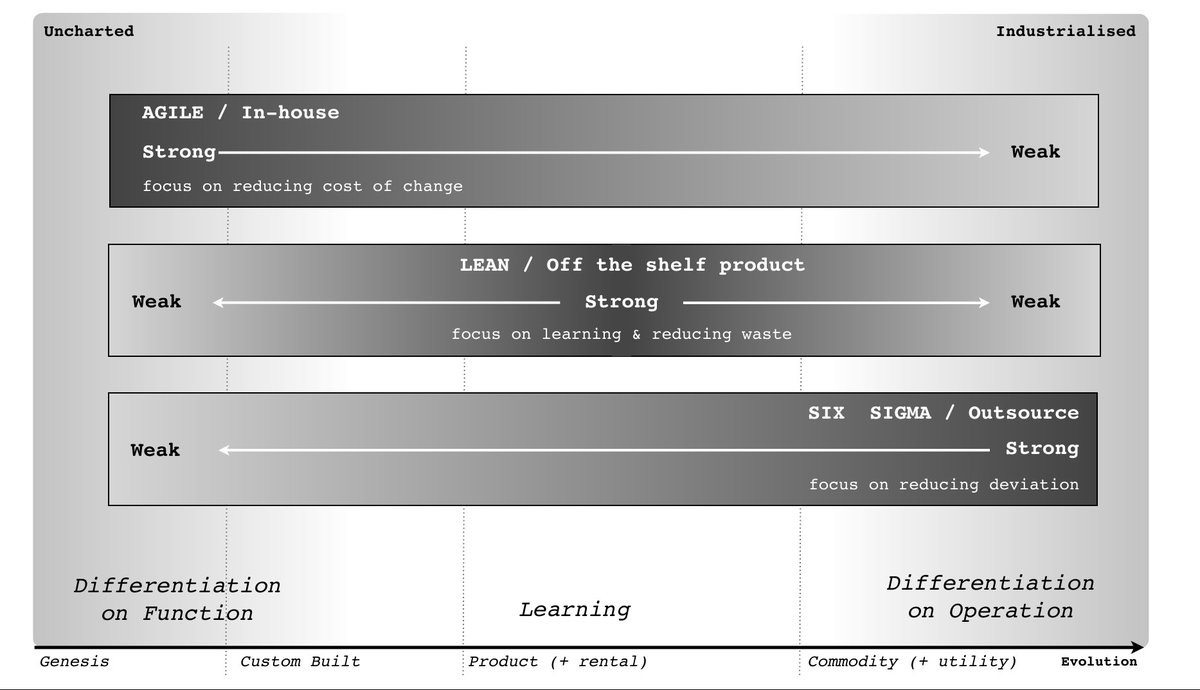
The complete index for #MapCamp2020 ... slides and videos included. Some is still going up but this will be the source for it all - leadingedgeforum.com/research/map-c… ... thank you to the speakers and @lefep for making this happen.
X : Is #MapCamp going to be virtual going forward?
Me : Yes. We've started that transition. We will grow from here. There are many lessons to learn and may additional things that we can do to turn it into a truly global festival of mapping. This was the beginning of that journey.
Me : Yes. We've started that transition. We will grow from here. There are many lessons to learn and may additional things that we can do to turn it into a truly global festival of mapping. This was the beginning of that journey.
But as important as learning about the new world, there are also many things we need to unlearn. As with three perspectives on one topic, because of the timezones then we will need three community driven mapcamps merging into one. Each with its own perspective but shared values.
This year, I wasn't able to get the network room the way I wanted i.e. you walk in, thrown into a random zoom session with ten others and then every fifteen minutes everyone is thrown into new zoom sessions (each of ten) - to recreate serendipity ... there are many things to fix.
But next year, I will aim to have this plus a collaboration space (mapping with many) and that global aspect - start in Australasia, Asia, Europe / Africa, then to America, all blended into one festival. That's the dream. It will requrie a global community to make it happen.
Still, every journey starts with a single step and we've made ours - leadingedgeforum.com/research/map-c…
• • •
Missing some Tweet in this thread? You can try to
force a refresh





